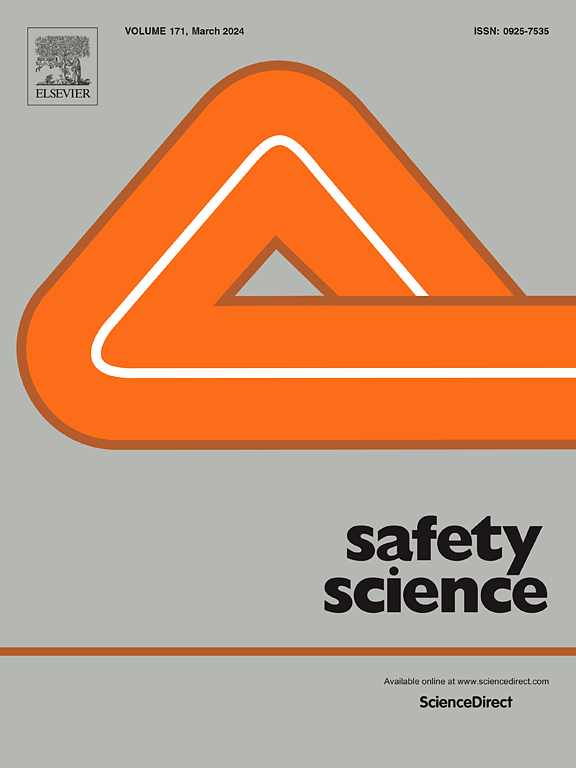The influence of individual characteristics and working environment on driving performance of truck drivers
IF 4.7
1区 工程技术
Q1 ENGINEERING, INDUSTRIAL
引用次数: 0
Abstract
Road freight transportation is a cornerstone of China’s economy, enabling efficient commodity circulation and network consumption. However, the high rate of truck-related accidents and fatalities is largely influenced by individual characteristics and company management practices. This study investigates the impact of these factors on driving safety using social cognitive theory as the framework. A questionnaire was designed to gather empirical data on truck drivers’ individual traits, work environments, and driving behaviors. Exploratory factor analysis confirmed the reliability and validity of the questionnaire. The association rule algorithm was then used to uncover correlations among drivers’ risk behaviors, personal attributes, and work environments. A structural equation model (SEM) was constructed, integrating findings from the association rule analysis and social cognitive theory to explore causal relationships and influence paths. This approach effectively addressed challenges in constructing optimal path models with multivariable relationships. The SEM results revealed that insomnia, negative affect, burnout, and safety climate significantly influence driving behavior. Mediation analysis further showed that well-being, weekly working days, and salary levels indirectly affect driving behavior through burnout and negative affect. These findings highlight critical targets for individual and organizational interventions. Freight companies can implement targeted education and training programs addressing risk factors and enhance safety management. This research offers practical insights for improving truck drivers’ behavior and promoting road freight safety.
求助全文
约1分钟内获得全文
求助全文
来源期刊

Safety Science
管理科学-工程:工业
CiteScore
13.00
自引率
9.80%
发文量
335
审稿时长
53 days
期刊介绍:
Safety Science is multidisciplinary. Its contributors and its audience range from social scientists to engineers. The journal covers the physics and engineering of safety; its social, policy and organizational aspects; the assessment, management and communication of risks; the effectiveness of control and management techniques for safety; standardization, legislation, inspection, insurance, costing aspects, human behavior and safety and the like. Papers addressing the interfaces between technology, people and organizations are especially welcome.
 求助内容:
求助内容: 应助结果提醒方式:
应助结果提醒方式:


